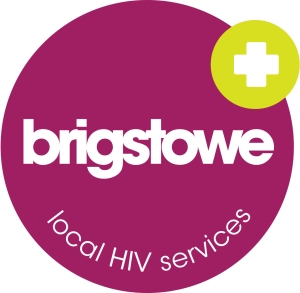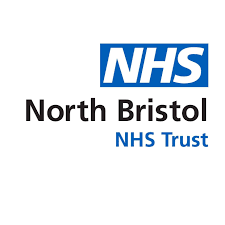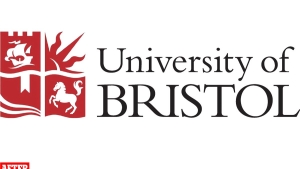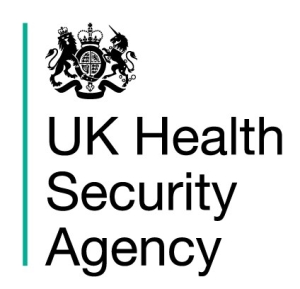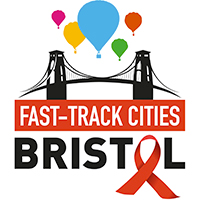Local Research
& Reports
Local Research & Reports
Local Research and Reports
Barriers and facilitators to HIV testing among African and Caribbean heritage communities: a mixed methods study.
The study found that HIV testing becomes far more trusted, accessible and routine when it is co-designed and delivered by the communities it aims to serve.
The research, led by NIHR ARC West and published in the journal Sexually Transmitted Infections, focuses on Common Ambition Bristol (CAB), a community-led initiative working to improve HIV awareness and testing for African and Caribbean heritage communities in Bristol.
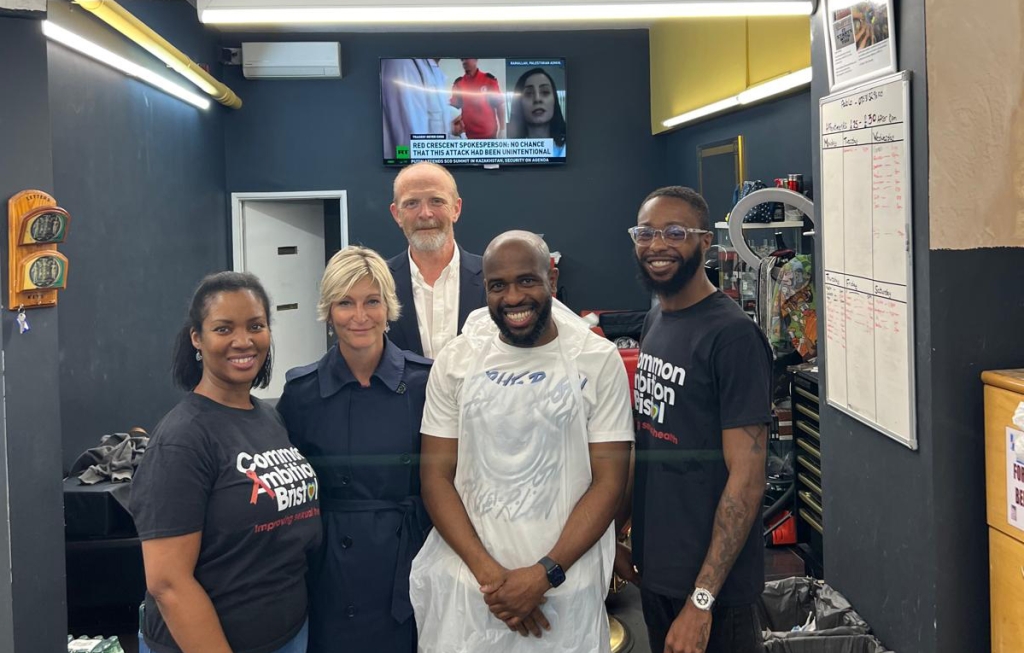

Reduce Blood Borne Virus stigma: keep your organisation’s health and safety routines up to date
People living with Blood Borne Viruses (BBVs) such as HIV, Hepatitis B and Hepatitis C frequently experience stigma at work and in the community. Most people remain unaware that there have been extraordinary advances in treatments that make it possible to cure Hepatitis C completely and make it impossible for people on HIV treatment to pass it on. This is reflected in continued fears of BBV exposure, despite very low to zero risk of transmission in most day-to-day interactions.
Evaluation of opt-out testing for blood borne viruses (HIV, HCV and HBV) in emergency departments.
Anyone aged 16 years and over who attends an emergency department in high HIV prevalence areas (including Bristol) and has a routine blood test is automatically tested for blood borne viruses HIV, hepatitis B (HBV) and C (HCV), unless they opt out. This is happening in more places to diagnose more people who may not know they have HIV, HBV or HCV. These people can then be treated which should stop the viruses from damaging their health and stop new cases of these viruses.
University of Bristol researchers are working with the UK Health Security Agency to look at ways to improve how the testing is carried out and how people who test positive are supported to receive care. To check if the testing is working well, they will also look at how many people should get tested, how many do, who gets diagnosed, and who is supported to receive care. They are also looking at how much the testing costs and if it improves people’s health compared to the previous way of offering tests.
Find out more about the evaluation and read the 24 months report.
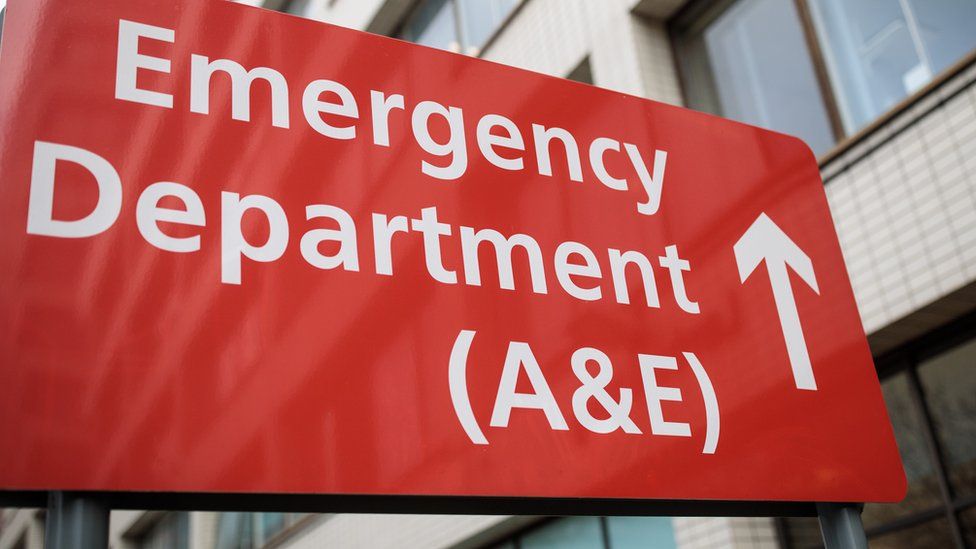
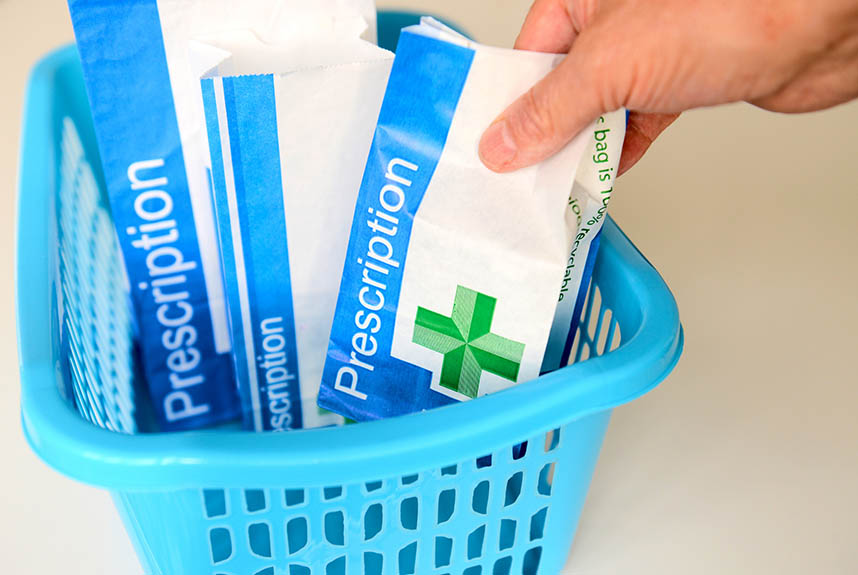
Accessing PrEP through pharmacies to improve HIV prevention
Pre-exposure prophylaxis (PrEP) is a medication that HIV-negative people can take before and after sex to reduce their risk of getting HIV. PrEP is available for free from NHS sexual health clinics in England. However, some people may find it difficult to access PrEP because of the stigma associated with using sexual health services. University of Bristol researchers are examining if it is possible to use pharmacies to deliver PrEP to improve access. Find out more about the study here
Examining how to improve HIV prevention and testing in GP practices
People can live for many years without knowing they are HIV positive. They may visit their GP several times with symptoms related to HIV but are not always tested for it. University of Bristol researchers are examining ways to increase HIV testing in GP practices and how GP practices can increase access to PrEP. Find out more about the study here

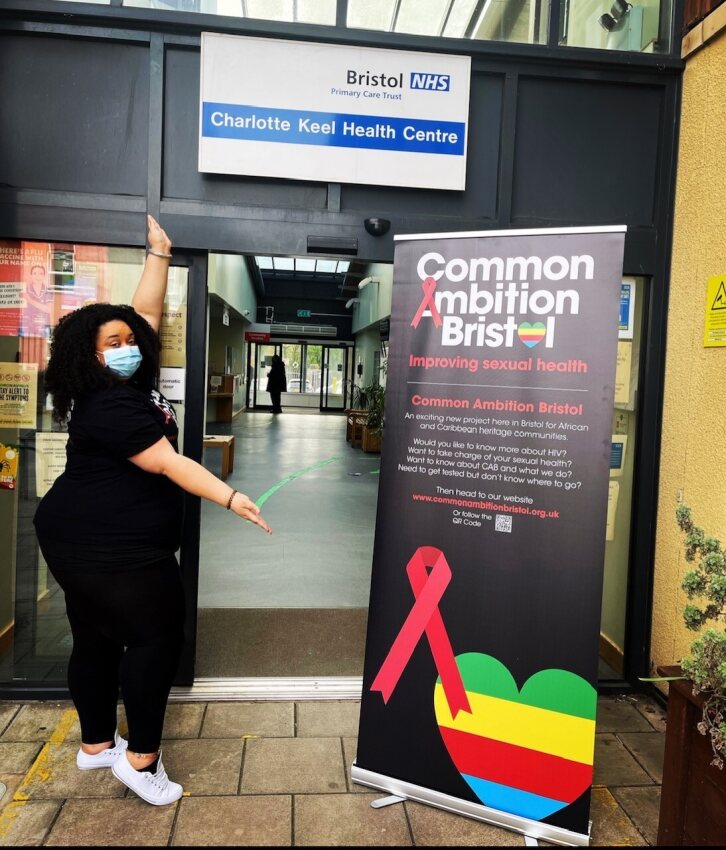
Common Ambition Bristol (CAB):
African and Caribbean heritage community members co-producing interventions to reduce HIV stigma and increase HIV testing.
CAB is a community driven project, working to reduce HIV stigma and increase HIV testing among people of African and Caribbean heritage In Bristol. University of Bristol researchers are examining the co-production process, the experience of the interventions and the impact the interventions make on HIV testing and access to PrEP. Find out more about the evaluation here
Introducing sexual health test vending machines
Vending machines dispensing test kits for HIV and sexually transmitted infections (STIs) were introduced across Bristol North Somerset and South Gloucestershire. University of Bristol researchers found vending machines could be useful for improving access to sexual health testing for people who have never tested or don’t test often. Users valued machines for their convenience, ease of use and instant access. Find out more about the evaluation here
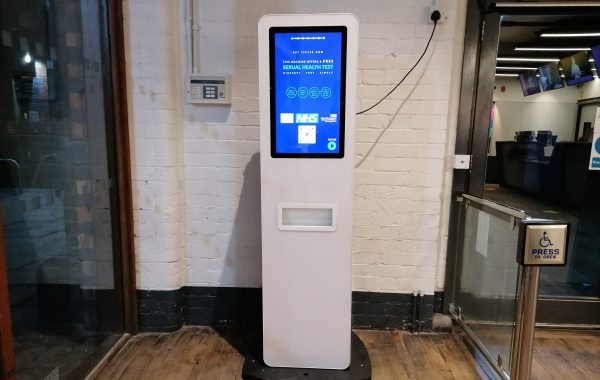

Hearts and Minds Evaluation
A collaborative training resource using creative engagement to reduce HIV stigma in healthcare. In the autumn 2022 UHBW (University Hospitals Bristol and Weston NHS Foundation Trust) supported the delivery of three Hearts and Minds HIV stigma training events with Trust staff in Central Bristol. This brief report summarises the findings from evaluation surveys completed by those who attended. Read the evaluation here
National Research and Reports
Who we work with
our partners
